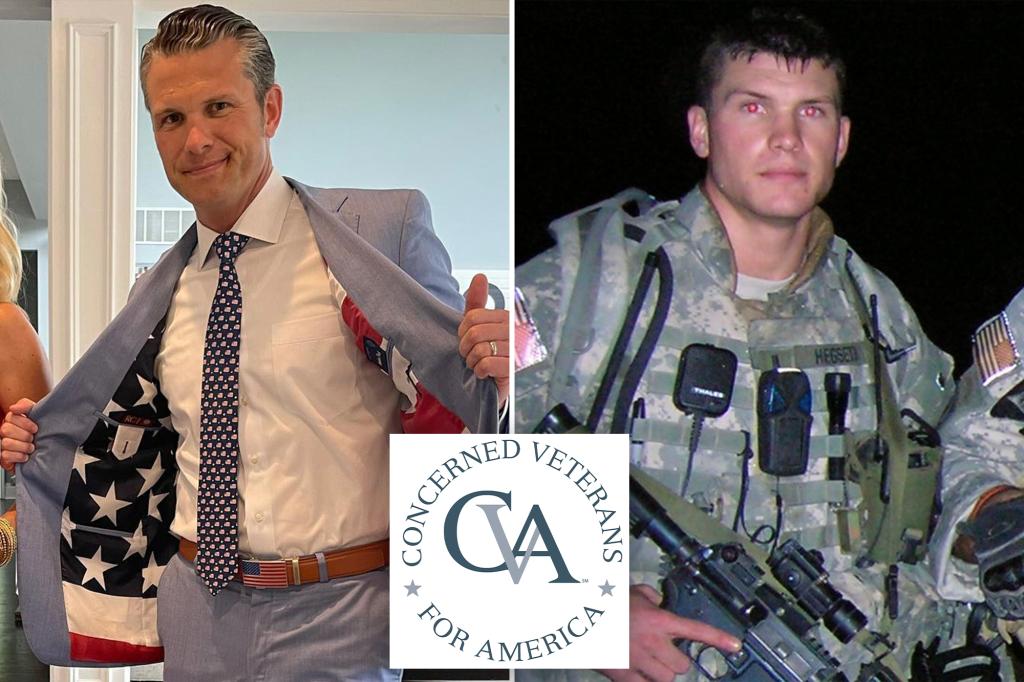Eight years ago, Pete Hegseth, who is now designated as the Secretary of Defense, stepped down from his role as president of the veterans advocacy group Concerned Veterans for America (CVA). This resignation has recently come under scrutiny, with allegations surfacing about his conduct, including claims of alcohol abuse, sexual misconduct, and financial mismanagement. However, a letter by CVA trustee Randy Lair dated January 16, 2016, clarifies the matter. Lair emphasizes that Hegseth’s resignation was voluntary and stemmed from a difference of opinion regarding the organization’s future, as well as Hegseth’s desire to pursue opportunities with Fox News. This account seeks to debunk the rumors suggesting Hegseth was forced to leave.
Lair’s letter serves as a public rebuttal to an unnamed email that circulated among CVA members and was subsequently forwarded to Fox News, which included derogatory claims about Hegseth and his service record. The letter categorically states that Hegseth was not terminated from his position. Rather, the transition was collaborative and the timing was agreed upon by both parties to be beneficial, particularly as Hegseth prepared to shift his focus toward opportunities in media. This communication was evidently intended to clarify Hegseth’s departure amidst growing concerns about the veracity of the accusations against him.
In contrast to Lair’s account, a recent article published in The New Yorker by a whistleblower has painted a more damaging picture of Hegseth’s tenure with CVA. Former employees have come forward with allegations stating that Hegseth mismanaged funds and frequently appeared intoxicated at official gatherings. These serious claims stand in stark contrast to Lair’s characterizations of Hegseth’s professional conduct, urging consideration of the discrepancies in narratives surrounding his departure and subsequent reputation.
Further complicating matters are assertions by anonymous sources, who claim that Hegseth indulged in inappropriate behavior as the head of CVA. These allegations include incidents where Hegseth allegedly took colleagues to a strip club and even attempted to engage in performance activities there. While such allegations cast a shadow over Hegseth’s professional demeanor, they are met with varying degrees of support from former associates, highlighting the contentious nature of Hegseth’s departure from the organization.
In light of these conflicting narratives, it becomes crucial to examine the context and implications of Hegseth’s resignation and the subsequent controversy. The difference of opinions regarding organizational leadership and fiscal responsibility within CVA reveals an underlying tension that may have influenced Hegseth’s decision to leave. Furthermore, the juxtaposition of official statements against whistleblower reports reflects ongoing struggles within advocacy groups over leadership accountability and the integrity of their public figures.
As Hegseth prepares to step into a significant role in the government, these past allegations bring forth questions about his suitability for such a position. The duality of Lair’s assertion of Hegseth’s honorable resignation against the backdrop of damaging allegations necessitates a careful evaluation of his past actions as well as their potential impacts on his credibility moving forward. As discussions around veteran advocacy continue, maintaining transparency and accountability within organizations like CVA will remain essential in ensuring that the interests of veterans are effectively represented and safeguarded.

